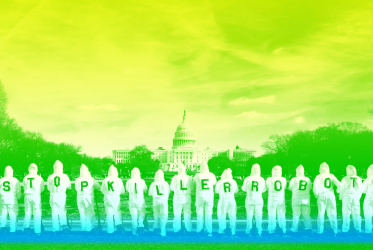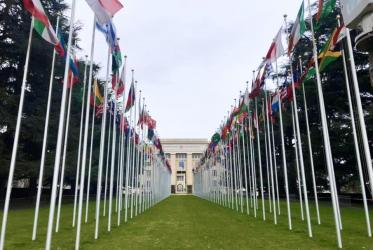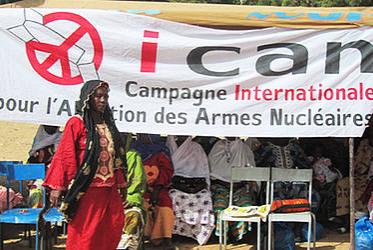Displaying 1 - 20 of 21
WCC webcast - Launch of new campaign guide for churches concerned about autonomous weapons systems
03 December 2021
https://www.oikoumene.org/live
Trying to do good for the world
18 December 2017
Ban nuclear weapons by law next year, says historic UN vote
28 October 2016
Prayer and advocacy for Korean peace and reunification
04 August 2016
Sign early and save lives!
04 June 2013











